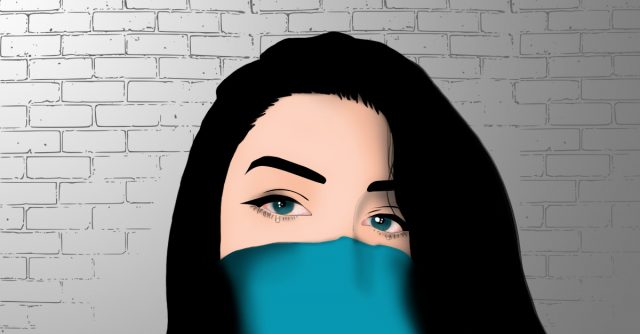Do you often feel numb, like you have just woken up from a dream and you find yourself always losing focus on anything or anyone?
If you’ve experienced trauma, stress, or you struggle with depression and anxiety – there is a big chance that you have a dissociative behavior, such as depersonalization or derealization.
So, what are derealization and depersonalization and how harmful are they?
Don’t worry, they are not life-threatening. They are a body’s natural cooping and defense mechanism whenever one experiences extreme stress. It is a brain’s way of saying that it is a time for a ‘time out’ and it puts a protective barrier around you to protect you from the world.
Depersonalization and derealization are not synonyms. There is a slight difference in them:
Depersonalization is a feeling of detachment from oneself, from its own body and soul, and observing their life as an outsider.
Derealization is a feeling of detachment from one’s surroundings. In a person, it manifests as going through life in a zombie-like and groggy state, functioning as a mere observer from behind a glass door.
Dissociation is not the same thing as psychosis. It is often a temporary state that passes as soon as your dopamine levels rise and your adrenaline levels lower. Try to stay away from caffeine, chaotic environments and other things that can trigger your body’s nervous system.
I, myself, have experienced derealization and thus I know how frustrating, debilitating, and scary it can be. I often feel this way when I wake up and my body is still sleeping, and I can’t seem to concentrate or process any information. Other symptoms include:
Drowsiness, feeling spaced-out and groggy – This is one of the most common and most disruptive symptoms. Acceptance and practice are key factors here. Sometimes, even after 8 hours of sleep, I can still feel less refreshed than before I went to bed. My body is physically rested, but my mind is completely exhausted. Don’t rush around or do much exercise during this phase because it can make you feel dizzy.
Numbness and weakness – Feeling like you are living in a dream-like state can make you lose your sensations. Sometimes, the mere act of clenching your hand into a fist can feel so weird to you like it occurs in slow motion. You can try pinching yourself to bring yourself back in the moment.
Sensory overload and visual disturbance – A perfect example of this is sitting in a front row at a cinema. You will see the action, but the intensity of the screen will be so overwhelming that you can’t quite process everything that happens in the movie. You will constantly try to move your head to see what’s happening and this can be very tiring.
What can you do about these things?
The most important thing is to take a deep breath and remind yourself that you are safe. Because the more you fight against the panic, the worse it would get. So, try not to think about it so much in the first place.
If you wear glasses, try taking them off for a little while. It can make a huge difference to your vision as it will calm you down from constantly having to divide your sight between good vision and poor vision whenever you look outside your glasses.
You can also practice mindfulness. Focus your attention on some object in the room and notice its shape, its color, its patter. This is a good exercise for focusing your attention on one thing at a time.
Finally, remember that disassociation is a natural coping system that prevents a danger or stress from entering your body.


